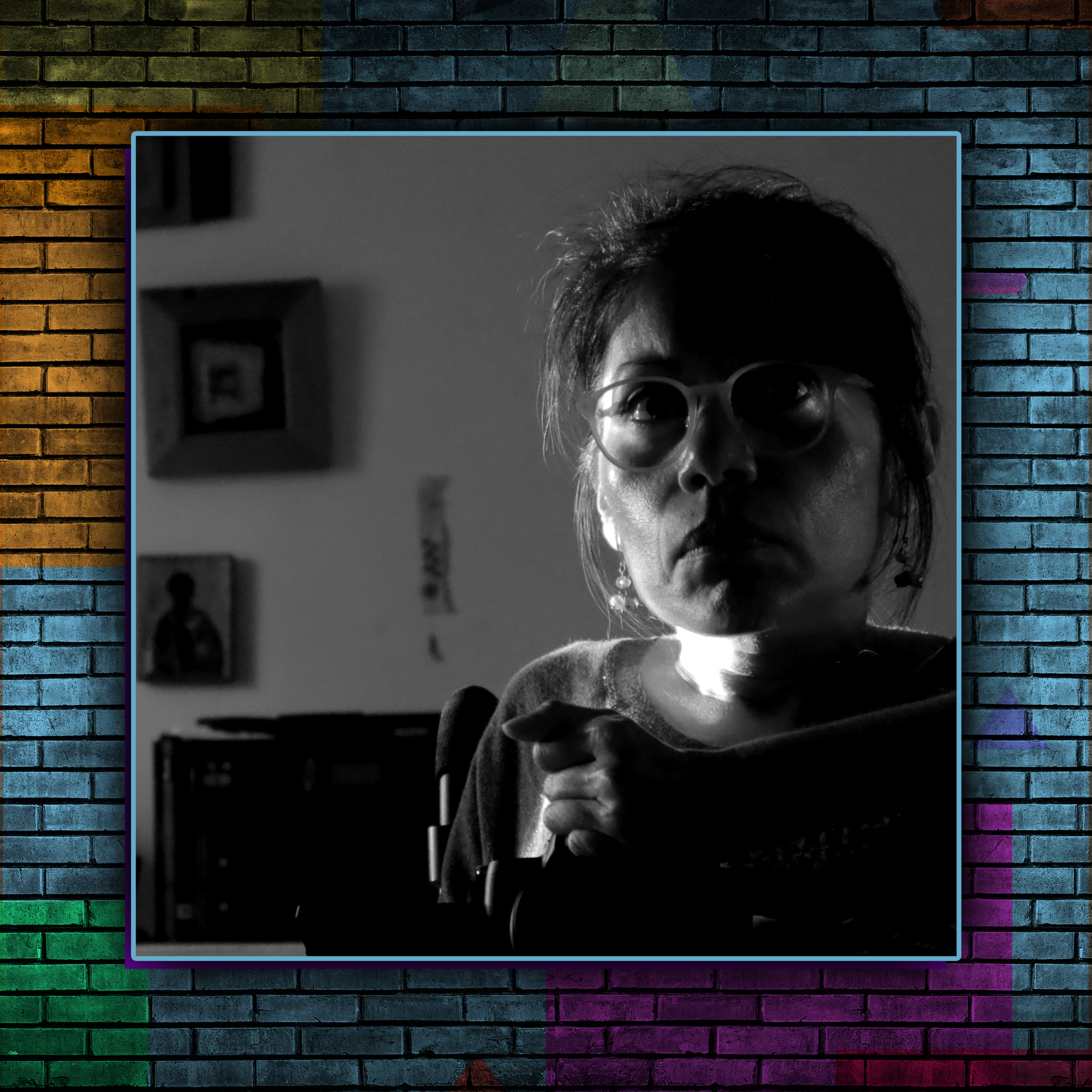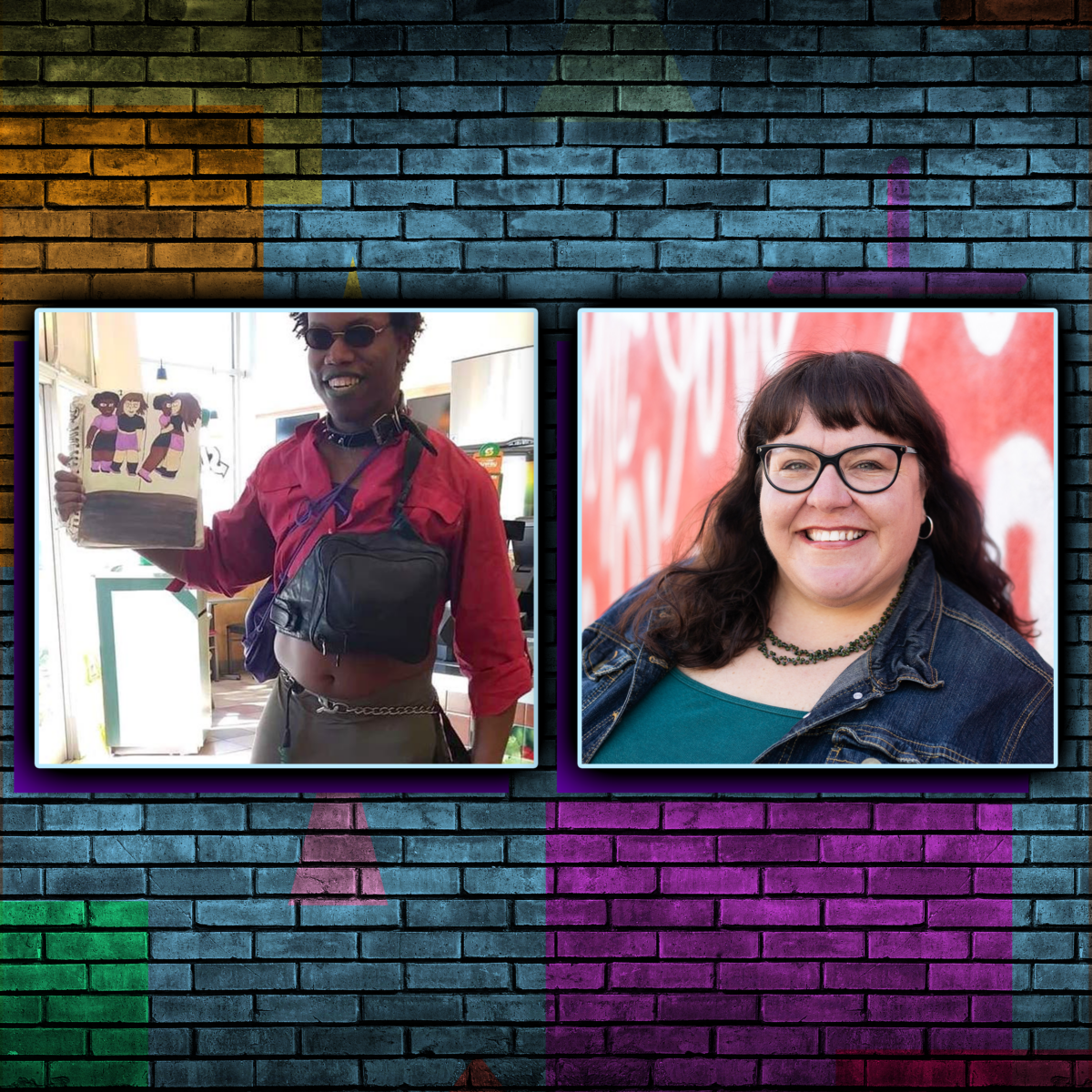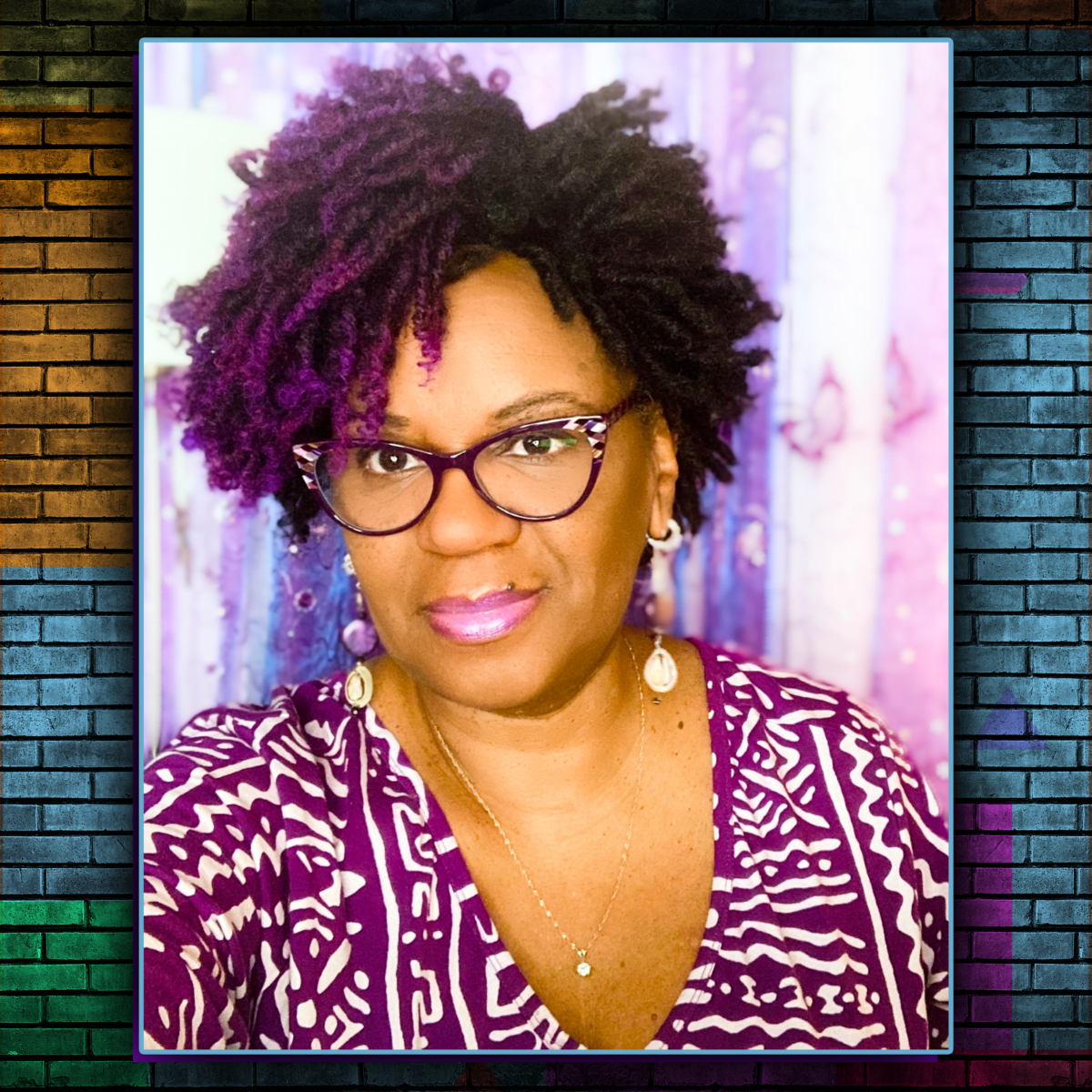Exodus 12:1-4, (5-10), 11-14 • Psalm 116:1-2, 12-19 • 1 Corinthians 11:23-26 • John 13:1-17, 31b-35
Death, blood, deliverance, community, sacrifice, and love. These words stand out upon reflecting on Christ’s last meal on earth. He expectantly waited and prepared to complete the culmination of his purpose on earth. To die. Death, our dreaded foe and the subject of many existential postulations throughout history. Humans have attempted to make sense of it whether through ontological philosophies or theological understandings. Death is the culprit of the most painful and anxiety producing of human experiences. To lose loved ones or to confront the certainty of our mortality is a reality we all will face if we haven’t already. The COVID-19 pandemic brought that reality front and center on a worldwide scale causing us to collectively experience an existential crisis. Whether it be the loss of life as we knew it, loss of identity, employment loss, or loss of a loved one. We are all facing death in some form.
In the Exodus narrative, God informs the Israelites they are going to be confronted with the angel of death and instructs them to quarantine. I imagine it was difficult for them to calmly savor their roasted lamb while knowing the threat of death lurked outside their door. As a community, they share in the same angst and huddle around their homes waiting for it to be over. God comforts them by assuring he will protect them through the blood of the very lamb they are instructed to eat. Their salvation hinges on the death of an innocent lamb while its blood on their doorposts served as a visual reminder of God’s providence. The blood symbolizes death while paradoxically ensuring life and safety. A shield against the angel of death. Despite God’s assurance, I wonder if they doubted God’s promise that night and gave in to fear and boredom during their quarantine.
As a person with a progressive neuromuscular disease and profound physical disability, the COVID-19 crisis has succumbed me to a sedentary lifestyle via the quarantine. Because of my respiratory malfunctions, contracting the disease could be life-threatening for me. At the urging of my pulmonologist who recommended that I adhere to strict quarantine guidelines, I have lost my social life and independence that I worked so hard to maintain. Not only do I fear for myself, but also for my beloved elderly parents whom I live with. Like the Israelites, I’ve been instructed to quarantine and also fear what lurks outside my doorposts.
However, in John’s narrative, Jesus’ response to the reality of death is remarkably different. Jesus being fully conscience of the suffering that lay ahead chose to spend his last evening alive surrounded by his beloved friends. He savors his roasted lamb. He calmly relishes in the holiness of the moment by audaciously pampering his disciples with a foot spa! As stated in John 13:1, “he loved them to the end” and directs his attention on them rather than on his impending death. Not only that, but as God incarnate, he humbly demonstrates he is not above our mess nor his disciples’ calloused feet. In fact, he gets up close and personal by washing their dirt away. How do we deal with existential dread and loss? By following his example and live out his sacrificial love so that “by this everyone will know that you are my disciples, if you love one another” (John 13:35). Love is truly the antidote to fear, even the fear of death. Quarantine or not, physical contact or not, technology has provided us a lifeline to connect to one another. I may not physically be able to give someone a foot spa, but Jesus invites me to eat from his supper table by serving others regardless of my circumstances or fears. To set aside my own burdens and “kneel down” beside my brother or sister with the means available to me.
We do not know what lays ahead this year or beyond, but we can take comfort in knowing that God incarnate identifies with our suffering and meets us in it. This physical reality is fleeting and we are all destined to meet the angel of death one day. Nonetheless, Jesus has paved a way for a new life free from existential dread through his sacrificial love. He truly is the way, the truth, and the life. In remembrance of his death, we partake of the physical bread and wine, but also remember him by taking part in loving and serving one another as he did.

Rosalba “Bea” Rios was born in Mexico City is a visual artist, a mental health therapist, and is passionate about social justice and faith. She has a B.S in studio art from Biola University, an M.S in clinical counseling from California State University, Fullerton, and an M.A in theological studies from Fuller Theological Seminary. She currently works in county mental health for the greater Los Angeles area providing clinical counseling for underprivileged individuals, children, and families.



Unbound Social